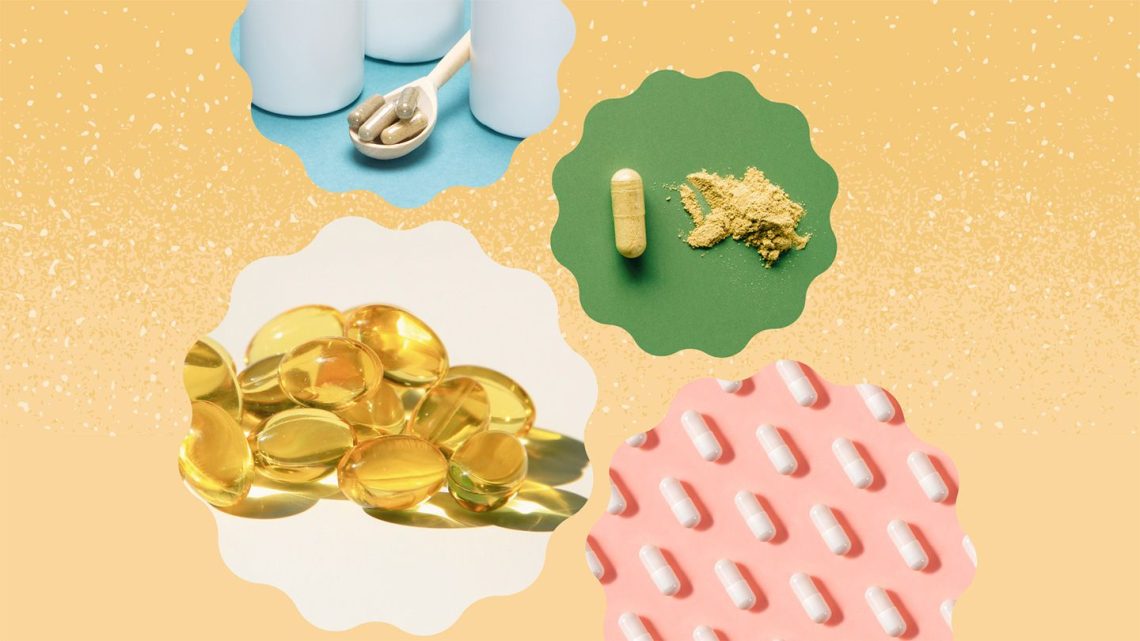Introduction
High blood pressure, or hypertension, is a common health issue that significantly increases the risk of heart disease, stroke, and kidney problems. While medications and lifestyle changes remain the cornerstone of blood pressure management, many people explore natural supplements as additional or alternative options.
But with countless supplements marketed for blood pressure control, it can be confusing to know which ones are effective and safe. This article dives into the science behind popular natural supplements, highlighting those with proven benefits, those with mixed evidence, and those that don’t work—or may even be harmful.
Why Consider Natural Supplements?
Some individuals seek natural supplements to:
- Complement conventional treatments
- Reduce medication doses or side effects
- Pursue holistic and preventive health approaches
- Manage mild hypertension or prehypertension
While supplements can offer benefits, they should never replace prescribed treatments without consulting a healthcare provider.
Supplements with Strong Evidence for Lowering Blood Pressure
1. Potassium
- How It Works: Helps balance sodium levels and relax blood vessels.
- Evidence: Increased dietary potassium is consistently linked to lower blood pressure.
- Sources: Bananas, spinach, beans, or supplements if recommended by a doctor.
- Note: Too much potassium can be harmful for people with kidney disease.
2. Magnesium
- How It Works: Supports blood vessel relaxation and regulation of muscle function.
- Evidence: Some studies show magnesium supplementation modestly lowers blood pressure, especially in those with magnesium deficiency.
- Dosage: Typically 300–500 mg daily; consult a doctor before starting.
- Sources: Nuts, seeds, leafy greens, and supplements.
3. Omega-3 Fatty Acids (Fish Oil)
- How It Works: Anti-inflammatory effects, improves blood vessel function.
- Evidence: Meta-analyses suggest omega-3s can reduce systolic and diastolic blood pressure, especially at higher doses.
- Sources: Fatty fish (salmon, mackerel), fish oil capsules.
4. Coenzyme Q10 (CoQ10)
- How It Works: Supports energy production in cells and acts as an antioxidant.
- Evidence: Some clinical trials report modest blood pressure reductions.
- Dosage: 100–200 mg daily.
Supplements with Mixed or Limited Evidence
1. Garlic
- Claims: May dilate blood vessels and improve circulation.
- Evidence: Some studies support mild blood pressure reduction; results vary.
- Usage: Raw garlic, aged garlic extract supplements.
- Caution: Can interact with blood thinners.
2. Hawthorn
- Claims: Traditional use for heart health.
- Evidence: Limited human studies suggest possible benefits, but more research is needed.
3. Beetroot Juice
- Claims: High in nitrates that may lower blood pressure.
- Evidence: Short-term studies show promise, but long-term effects are unclear.
Supplements That Don’t Work or Are Risky
1. Licorice Root
- Can raise blood pressure by causing sodium retention; should be avoided in hypertension.
2. Ephedra (Ma Huang)
- Associated with dangerous blood pressure spikes and banned in many countries.
3. Bitter Orange (Citrus Aurantium)
- Can increase blood pressure and heart rate; unsafe for hypertensive individuals.
Important Considerations When Using Supplements
- Consult Your Doctor: Especially if you take blood pressure medication or have chronic conditions.
- Quality Matters: Choose supplements from reputable brands to avoid contamination or incorrect dosages.
- Not a Substitute: Supplements should complement, not replace, lifestyle changes and medications.
- Possible Interactions: Supplements can interact with medications and other supplements.
- Monitor Your Blood Pressure: Regular monitoring helps assess supplement effectiveness and safety.
Lifestyle Changes Still Come First
Natural supplements can support blood pressure management, but diet, exercise, weight management, stress reduction, and quitting smoking remain the most effective strategies.
Conclusion
Natural supplements like potassium, magnesium, omega-3s, and CoQ10 have scientific backing for modest blood pressure reductions and can be considered as part of a comprehensive management plan. Others, like garlic and beetroot, may help but require more evidence. Avoid supplements that can raise blood pressure or cause harmful effects.
Always discuss supplements with your healthcare provider before starting and continue regular monitoring. With the right approach, natural supplements can safely support your journey toward healthier blood pressure.
FAQs:
1. Which supplements are proven to help lower blood pressure?
Potassium, magnesium, omega-3 fatty acids, and CoQ10 have strong evidence supporting their benefits.
2. Can I replace my blood pressure medication with supplements?
No, supplements should complement—not replace—prescribed treatments unless advised by your doctor.
3. Are all natural supplements safe for blood pressure?
No, some, like licorice root, can raise blood pressure and should be avoided.
4. How do I know if a supplement is high quality?
Choose reputable brands that have third-party testing or certifications.
5. Should I talk to my doctor before taking supplements?
Yes, especially if you are on medications or have health conditions.






